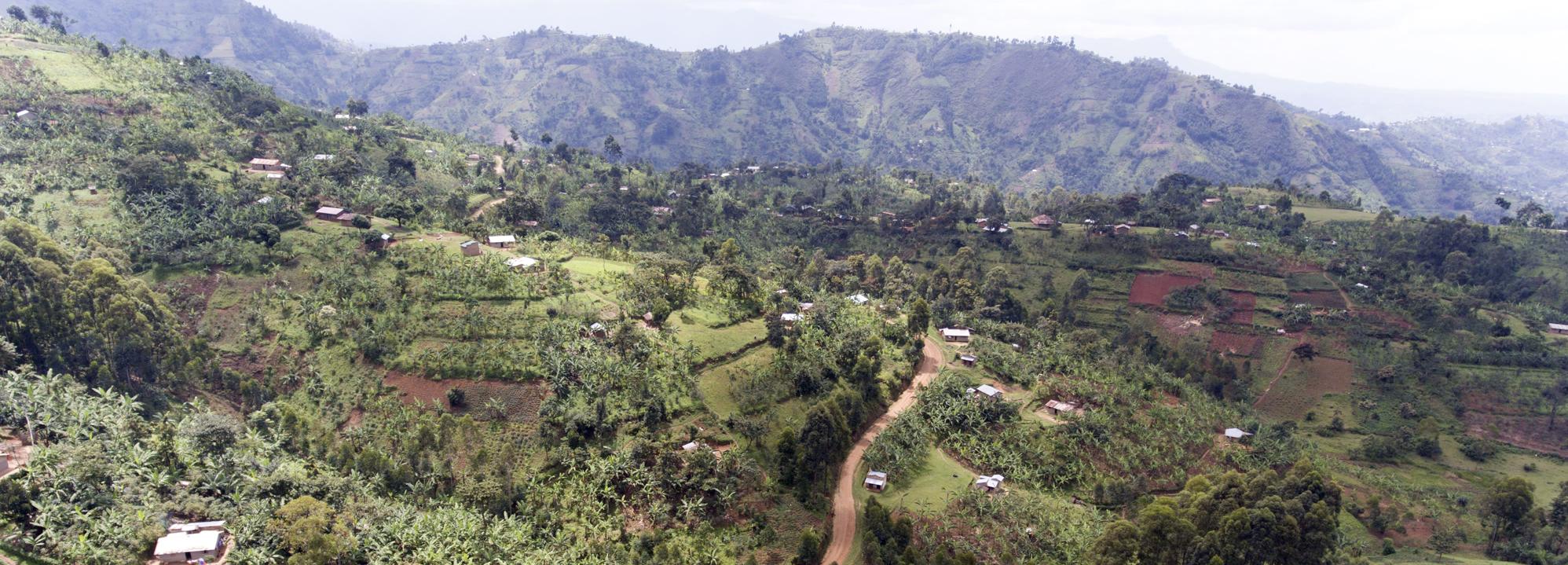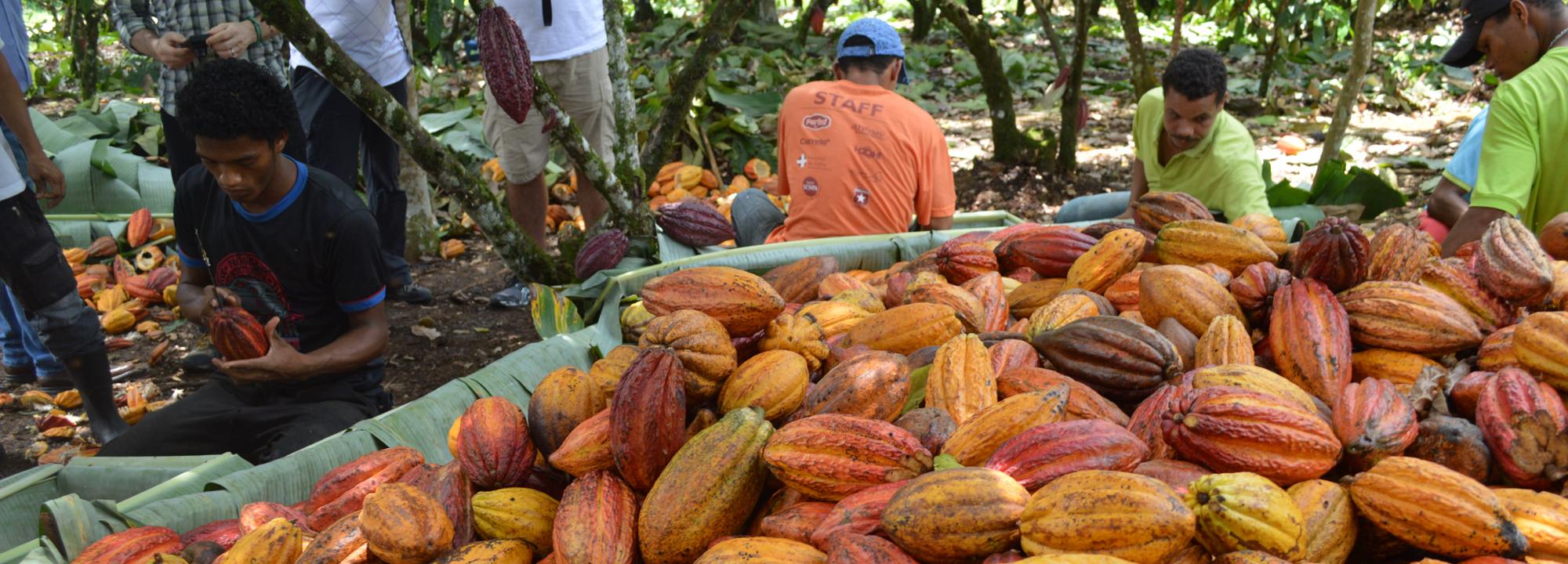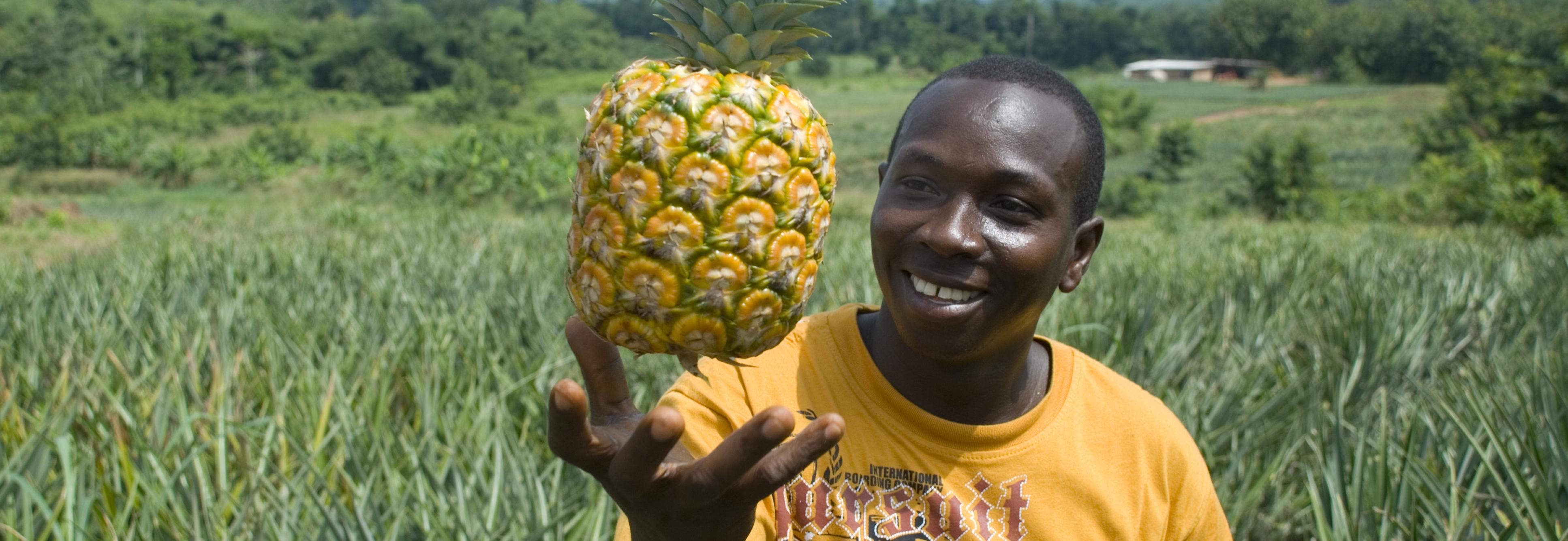Landscape and jurisdictional approaches introduce alternative strategies to achieve sustainable practices at scale. If all products from a region could be verified to be sustainably produced, businesses would view this as an attractive opportunity to fulfil their sustainability commitments. At the Global Sustainability Standards Conference we brought together leading experts on landscape and jurisdictional approaches to discuss how this model could work and to share concrete examples of the approach in practice.
Sustainability standards are reviewing and adapting their strategies for scaling the uptake of better practices. There is widespread recognition that a variety of approaches is needed in order to transform entire sectors to more sustainable practices. Exploring ways to encourage regions or jurisdictions to move along a sustainability pathway could be part of that broader solution.
The appeal of landscape and jurisdictional approaches
Landscape and jurisdictional approaches encompass a variety of mechanisms but, at their core, they bring regional stakeholders together to agree on and implement a shared approach to more sustainable use of natural resources and land use management.
These approaches are inherently appealing because of the potential to scale beyond individual production units. But they involve a long-term commitment by multiple actors, including governments, to work together to change practices.
The case of state-level sustainability initiatives
Standards systems are rarely the key drivers for landscape and jurisdictional approaches. Most of the examples highlighted at the Global Sustainability Standards Conference were state or district-level initiatives that had been catalysed by local and international NGOs with willing government partners.
Mato Grosso state in Brazil is a prominent example: Daniela Marriuzzo from IDH explained that NGOs worked for 10 years to align their objectives within the region. Together with significant international funding and a new, proactive state governor, they were able to launch the Produce, Conserve, Invest (PCI) plan.
The PCI plan was at first only a public commitment. It has since been developed into a 15-year implementation plan that has been integrated into a state decree, so that the plan is more likely to continue regardless of any changes in political leadership.
A similar initiative is being developed in Orinoquia state, Colombia, where the recent peace agreement has encouraged more investment in agricultural expansion. The government wants to ensure this happens in a sustainable way.
Angela-Maria Betancourth, a World Bank consultant working with the Colombian Government on this project, explained that this transition to deforestation-free and low-carbon agricultural development will require ‘sectoral collaboration’ with various stakeholders to agree which sustainable practices should be adhered to across the whole region.
The business case for jurisdiction approaches
One of the main drivers for experimentation with these approaches is the potential they have to enable companies to source from ‘responsible regions’. As retailers and supply chain companies look to fulfil their commitments around zero deforestation, the ability to say that all products coming from a region meet those commitments is an attractive and scalable solution. Leading market players such as Unilever and Marks & Spencer are supporting these jurisdictional ‘solutions’ to commodity production.
Sustainability standards can play a variety of roles in contributing to these market initiatives. At the conference, Cid Sanches, consultant to the Roundtable on Responsible Soy (RTRS), explained that RTRS has signed on to the PCI strategy in Mato Grosso. The RTRS standard can be used as a tool to support these types of strategies, through their verification and monitoring.
The Roundtable on Sustainable Palm Oil (RSPO) is even more ambitious, seeking to adapt their certification model to function at a district level. Salahudin Yaacob, Technical Director at RSPO, explained how their model would rely on a jurisdictional entity to oversee and be responsible for improving and aligning the practices of palm oil producers in the region. This would function as a large-scale group certification model, but one focused on improvement over time towards certification-compliant practices.
Landscape and jurisdictional approaches are not quick wins. Instead they offer a new model for co-creating durable solutions which address critical sustainability issues like water, biodiversity and carbon at a meaningful and appropriate scale.
Sustainability standards are starting to adapt their models to contribute to or drive jurisdictional approaches. At this point it is mostly experimentation, but it is the type of experimentation we need if we are to find sustainable solutions that work at scale.



